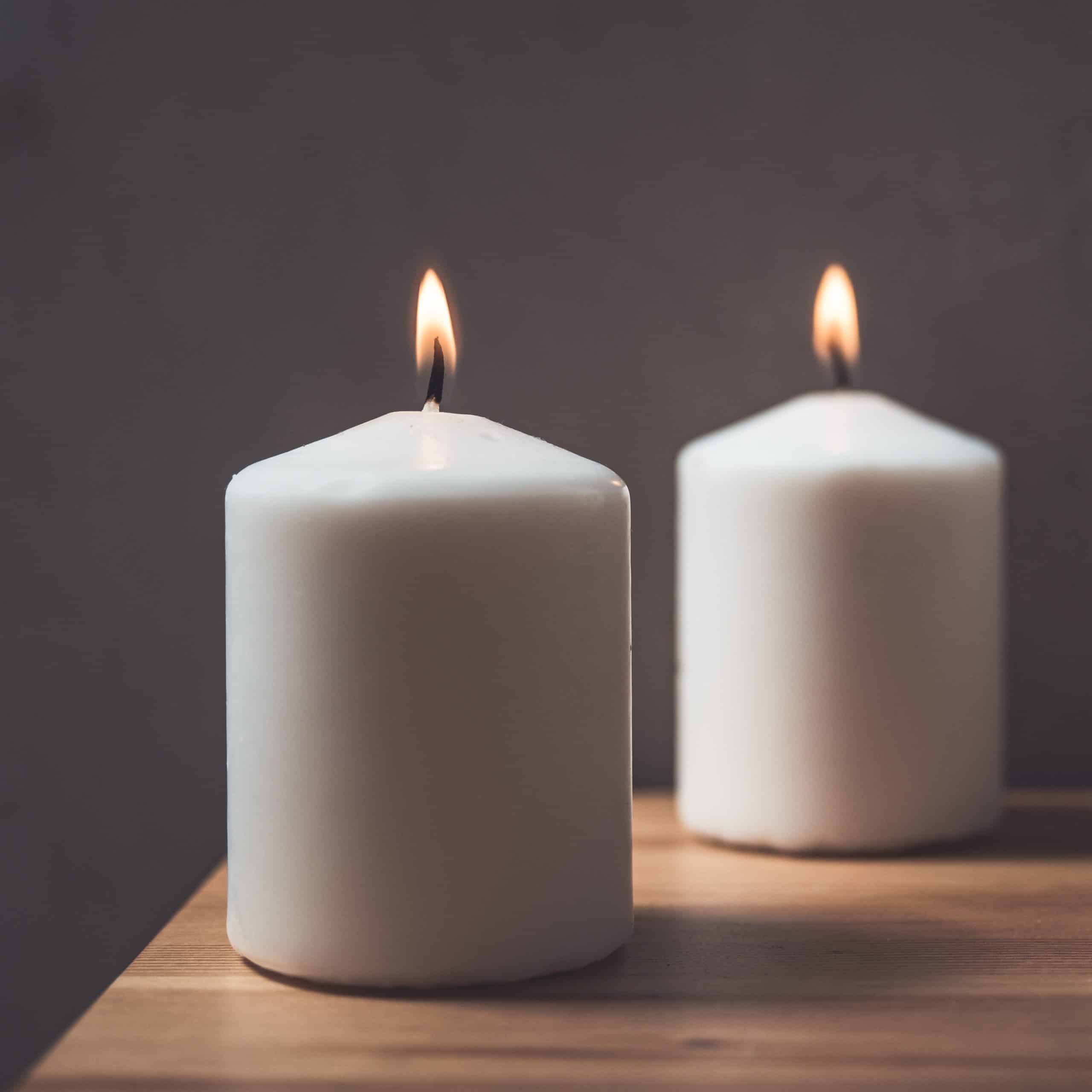
Utilizing Rituals to Help Navigate Your Way Through Grief
Part of coping with grief is taking solace in proven rituals as well as the comfort of others. That’s why bereavement services in Alameda County and elsewhere can be so helpful. They form a critical part of our healing rituals, plus they help us realize we are never alone throughout it all. Everyone experiences loss in some way, shape, or form, whether involving the loss of a parent or spouse after a long illness, the end of a romantic relationship, or any other serious setback and challenge in life. The process of dealing with the resulting grief oftentimes involves mourning “rituals” that can vary across times and cultures, points out Psychology Today.
Funeral customs, for example, take many different forms. Jewish mourners have elaborate funeral customs associated with death, whereby mourners are expected to tear a garment, and men are not allowed to shave their beards. In Hinduism, by contrast, males are expected to shave their beards and heads as part of the mourning ritual.
How mourners respond in emotional ways to death can be controlled by mourning rituals. Tibetan Buddhists consider crying during funerals as disruptive, while Latino Catholics consider crying as a sign of respect. In addition to cultures, rituals also vary across gender roles. It’s generally more acceptable for women to cry at funerals than it is for men, who are expected to be stoic when dealing with loss.
Mourning rituals can be very formal, such as those found in many religions, or they can be informal, such as those created by people who need to find ways to come to terms with their grief. Those who have suffered some kind of big loss often feel out of control. By using rituals, they are able to reclaim a bit of that control, which in turn makes it easier to cope with grief. So, bottom line is, while rituals vary widely, the underlying principle — that of restoring a sense of control — remains the same across all cultures, religions, groups, and genders.
Resilience Through Ritual
A Harvard Business School study seeking to find out how people cope with extreme loss found that some mourners were more emotionally-resilient than others. It also found that those who overcame their grief faster all had something important in common. After the loss, these people performed rituals, but not your typical ones. When most people think of rituals, they think of public displays of bereavement such as wearing black for a certain amount of time, holding funerals, “sitting shiva” in Judaism, etc.
The people in this study, rather, practiced private rituals, with only 15 percent of the rituals having a social element and just five percent being religious. The majority of the time, most of the rituals they did were personal and solitary. One widower of 15 years said he still went to the same hairdressers to get his hair cut on the first Saturday of the month, just like he and his wife used to do as a couple. A widow in the study said she still washed her late husband’s car every week just like he did when he was alive.
While these private rituals seem sad to others, indeed one would expect that performing them would make mourners actually more depressed, but no — the opposite is actually true. Study participants claimed significantly less grief than those people who did not perform rituals.
Public mourning rituals seem to have a proven, clear purpose, through the gathering of people around the bereaved to help strengthen bonds and re-enter the social world after a significant loss, says The Atlantic. But private rituals seem to accomplish no such thing, seeming almost pointless to outsiders. In the case of the widower, there was no point in washing her late husband’s car. She didn’t drive it. No need to wash it, realistically, right? But to her, she had such an emotionally meaningful connection to this ritual that to perform it brought her comfort.
As mentioned above, the most common response to loss is feeling like you have lost all control and sense of the world. Rituals bring a sense of order and calm to a world that has been suddenly and shockingly stunned. Most of us go about our days feeling in charge of everything we do. We control things, not the other way around. When we lose someone, though, that sense of natural order is turned on its head. The bereaved are overcome by a helplessness that they don’t usually feel in their lives.
In the end, rituals help people overcome grief through the counteraction of the turbulence and chaos following loss.
Contact Pathways Home Health and Hospice
Call us to learn more about our bereavement services in Alameda County and elsewhere to help you through these tough times. Contact us at 888-978-1306 to get comfort through rituals and the support of others.

